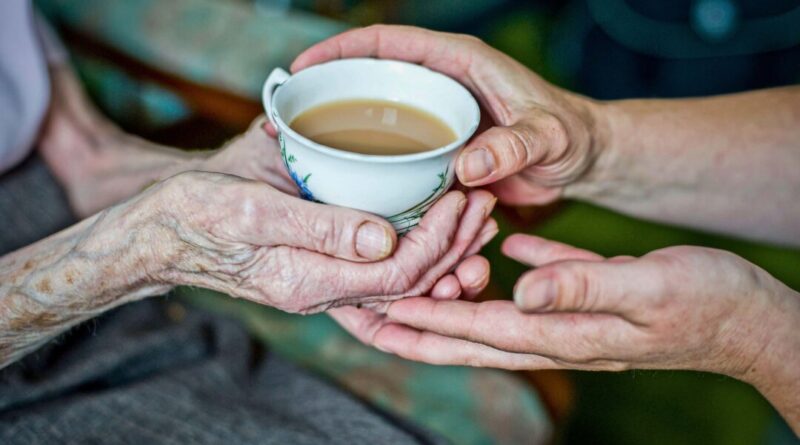Research Shows Over 10 Million Brits Forced Into Unpaid Caring Work
Approximately two-thirds of unpaid carers assumed their roles due to a lack of other available options.
According to data from YouGov within the report, over 60 percent of current and former unpaid carers expressed feeling like they had “no choice” but to take on unpaid care responsibilities, amounting to around 10 million individuals.
Conversely, about 30 percent of current and former unpaid carers mentioned that other care options were available, but they still chose to undertake the unpaid carer role.
The report indicates a potential worsening situation for those caring for disabled, older, or ill relatives or friends, with diminishing alternative care and support options over time.
An estimated 16.1 million people in the UK have been or are currently unpaid carers.
Since 2011, the amount of unpaid care provided has significantly increased, with 1.5 million individuals in England and Wales caring for over 50 hours a week.
By the age of 50, half of Brits will likely find themselves providing unpaid care, with two-thirds of Britons fulfilling care duties at some point in their lives.
Carers UK is advocating for increased government support for carers in the UK, regardless of the outcome of the general election on July 4.
On Monday, in conjunction with carers week, Carers UK emphasized the widespread public desire for enhanced provisions for carers.
A YouGov Political Omnibus poll revealed that 73 percent of the public believe that unpaid carers should receive more financial support and greater investment in social care.
‘Put Carers on the Map’
Helen Walker, the chief executive of Carers UK, expressed the desire to bring attention to the plight of carers.
Ms. Walker stated, “We want unpaid carers to know they are not forgotten, and they are not alone. Many are at breaking point, facing huge challenges with their caring responsibilities.”
She added, “On top of this, they are struggling to manage their own health and wellbeing. Carers are worried about their long-term health, security and ability to care in the future.”
The impact on unpaid carers who feel they have no choice but to care is profound, with 70 percent reporting an impact on mental health, 60 percent on physical health, 56 percent on job performance and ability to work, 54 percent on finances and savings, and 43 percent on personal relationships.
Ms. Walker noted, “These findings demonstrate how caring can have a profound effect on every aspect of life and wellbeing, from mental and physical health, being able to work, or affecting their future income including pensions.”
“With an ageing population, this is becoming ever more important,” she added.
The report highlighted that women are more likely to provide unpaid care and dedicate more hours to unpaid work. Women also reported more negative impacts on their physical and mental health than men due to unpaid care, as well as higher levels of negative effects on their jobs, concerns about their pensions, and strains on their relationships.
David Fothergill, chairman of the Local Government Association, emphasized the vital role of unpaid carers in supporting thousands of individuals daily.
Mr. Fothergill stated, “Helping councils to better support unpaid carers should be a crucial part of a long-term and sustainable funding solution for social care.
“Investing more in early action is fundamental to ensuring someone can continue living independently in the home and community they love,” he concluded.
A study from 2012 revealed an estimated £5.3 billion in lost earnings due to individuals dropping out of the workforce to provide care responsibilities.
“Unpaid carers provide a staggering £162 billion of care a year looking after severely disabled, chronically ill and older relatives and friends,” Ms. Walker emphasized.
“When so many unpaid carers have no choice about caring, the next government has a responsibility to care about them, too.”





